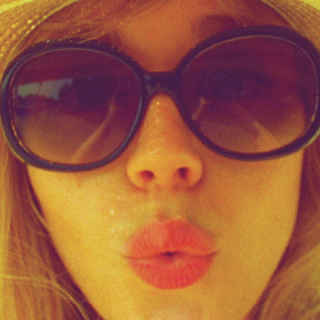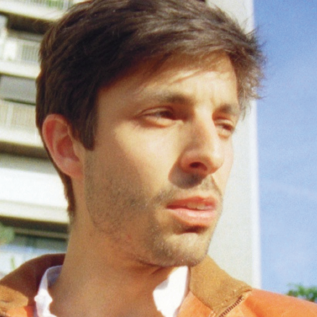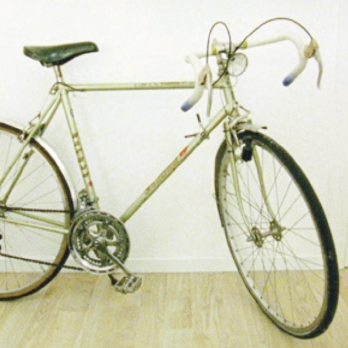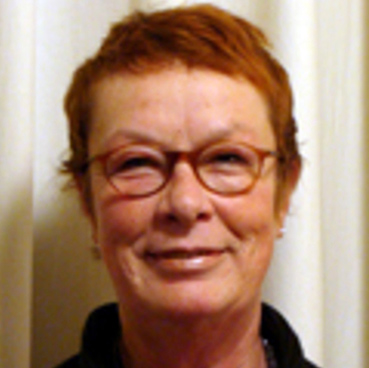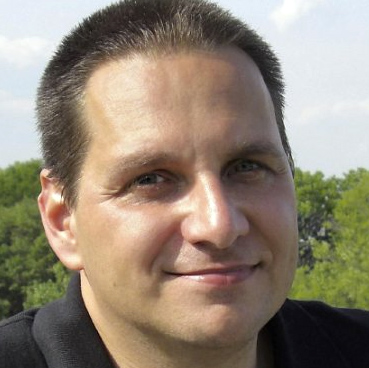TRAILER
SYNOPSIS
Mark and Antonia live a long distance relationship. They are meeting in Paris for vacation. Antonia is from Canada and speaks no German as much as Mark no English. Communication problems are a natural consequence, the last time together was a long time ago. Vacation in Paris is the final attempt to salvage the deadlocked relationship. Mark living in Hamburg is an amateur filmmaker and takes his Bolex film camera along. He doesn’t want to miss out the summer in Paris. It is warm, the city is vibrating and the vacation starts very relaxed. Live happen outdoors. Everything seems to be fine until Antonia presents a bicycle to Mark. Mark hates riding a bike while Antonia loves it. The atmosphere immediately reached rock bottom and the old behaviour patterns come back. The vacation starts turning into an emotional wrestling match. There is constant quarrel between them. The last basis for living together is destroyed. Back in Hamburg Mark decides to return to Paris with the bicycle, the place he received it. Mark drives to the ”City of Love“ with the symbol of a disturbed relationship, the final act and the beginning of a trip.











